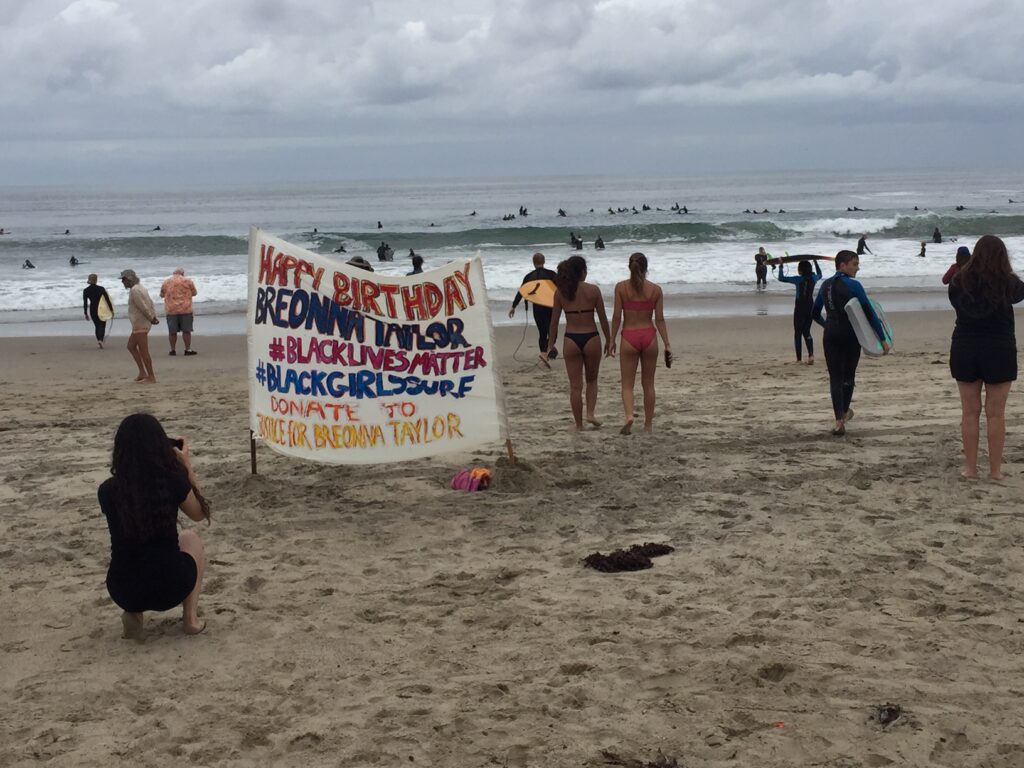Ships Cut Speed Off Malibu Coast, Whales Not Getting Hit As Much
Written by 991KBU on May 17, 2019
There is good news and bad news for the whales off California’s coast.
Fewer whales are being hit by ships …ad the big cargo lines are slowing their ships down.
But gray whales seem to be starving due to lack of food.
At least 53 dead or dying gray whales have washed up along the West Coast this Spring, according to USA Today.
This has happened before .. during big El Nino years.
The great mammals are starving to death and scientists have theories as to why but so far no full explanation.
Strandings have occurred up and down the West Coast.
Something’s wrong in the ocean off Alaska.
The gray whales are filter feeders.
They forage for their food of choice, small sea animals called amphipods, scooping up sediment from the sea floor and filtering out the tiny shrimp-like creatures.
They may not be finding enough food off the coast of Alaska … before they make their migration past Malibu to Baja California
Thw whales passing California have been observed making the journey as emaciated … thin.
The last large die-off occurred in 1999 – 2000, when 62 dead whales washed up on West Coast beaches.
This year’s event could be large or larger.
The good news is that a campaign to slow ships steaming toward California ports so is beginning to pay off.
22 local and international shipping companies agreed last year to reduce speeds voluntarily, so they will be less likely to injure or kill whales .. according to federal officials quoted in the San Francisco Chronicle.
The 22 shipping firms represent 45% of the 8,000 inbound vessel trips through the Golden Gate every year.
They are cutting their speed to 10 knots (11.5 mph) or less in areas populated by whales.
The shippers include lChevron Shipping Co. and Marathon Petroleum Corp., Celebrity Cruises, Canada Steamship Lines, and Cosco Shipping Lines.
Although more whales in general are getting hit by ships, blue whales — the largest creature to ever live — appear to be the most in danger, marine biologists say. There are only 1,800 to 2,000 blue whales in the northeastern Pacific.


